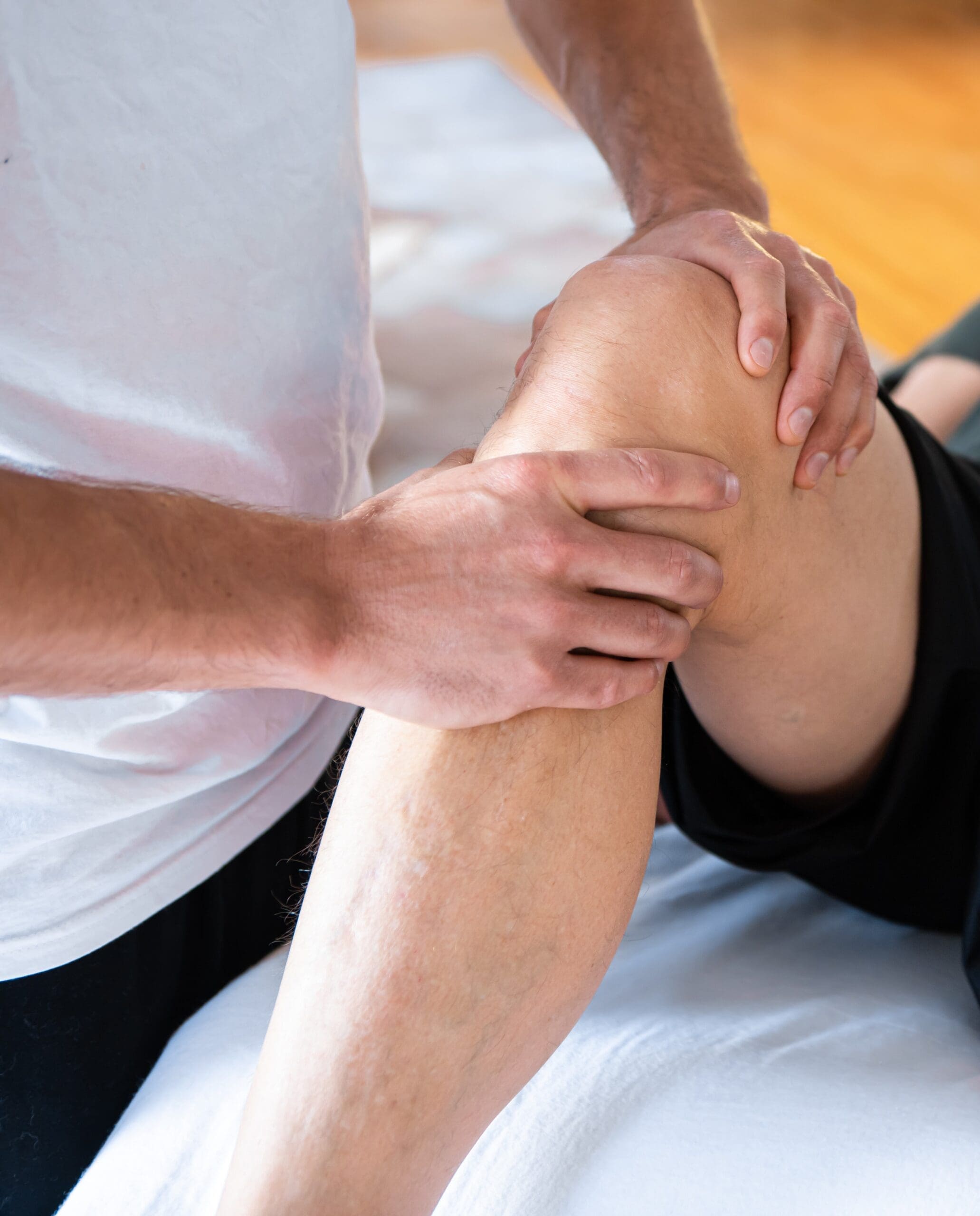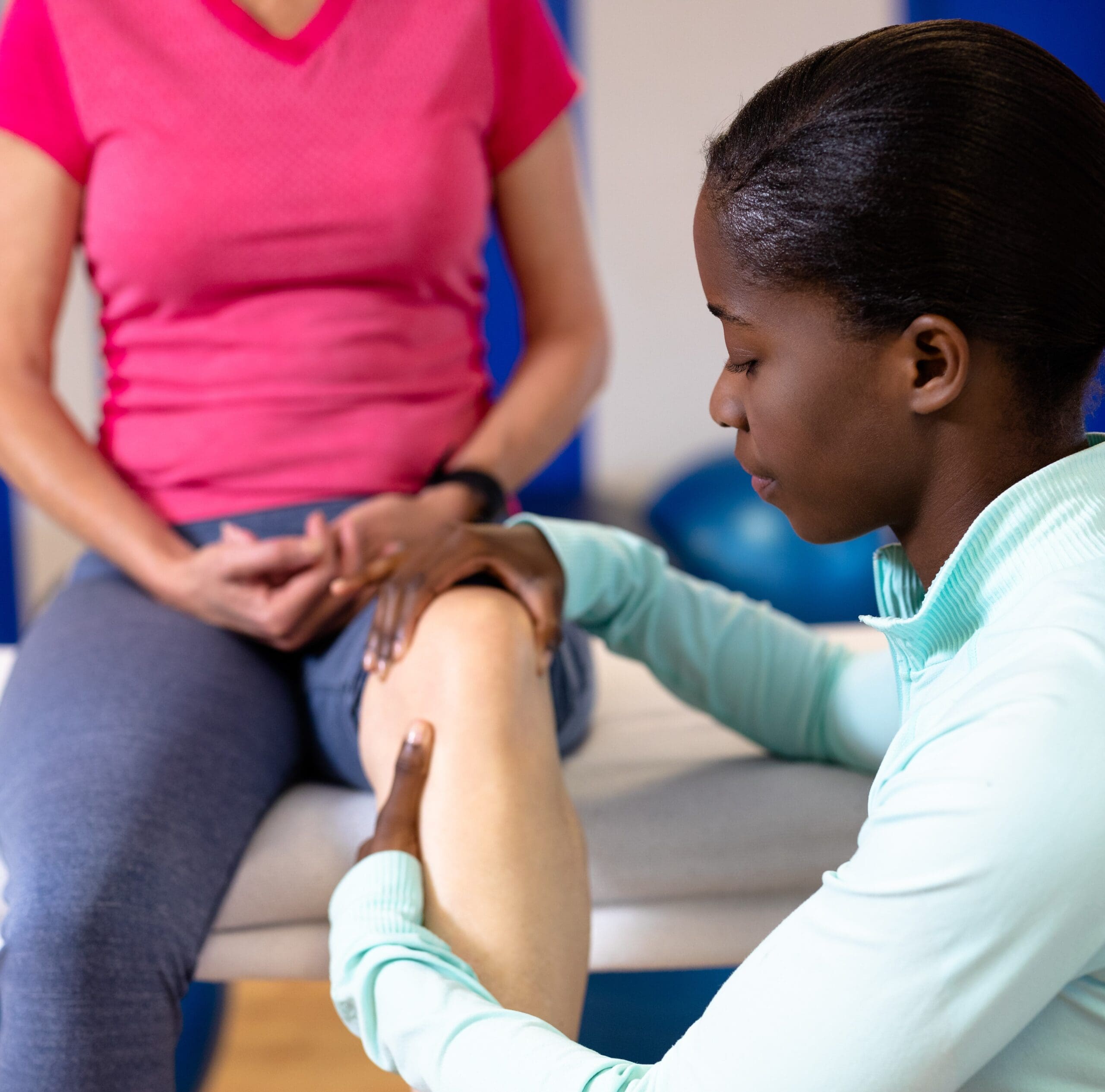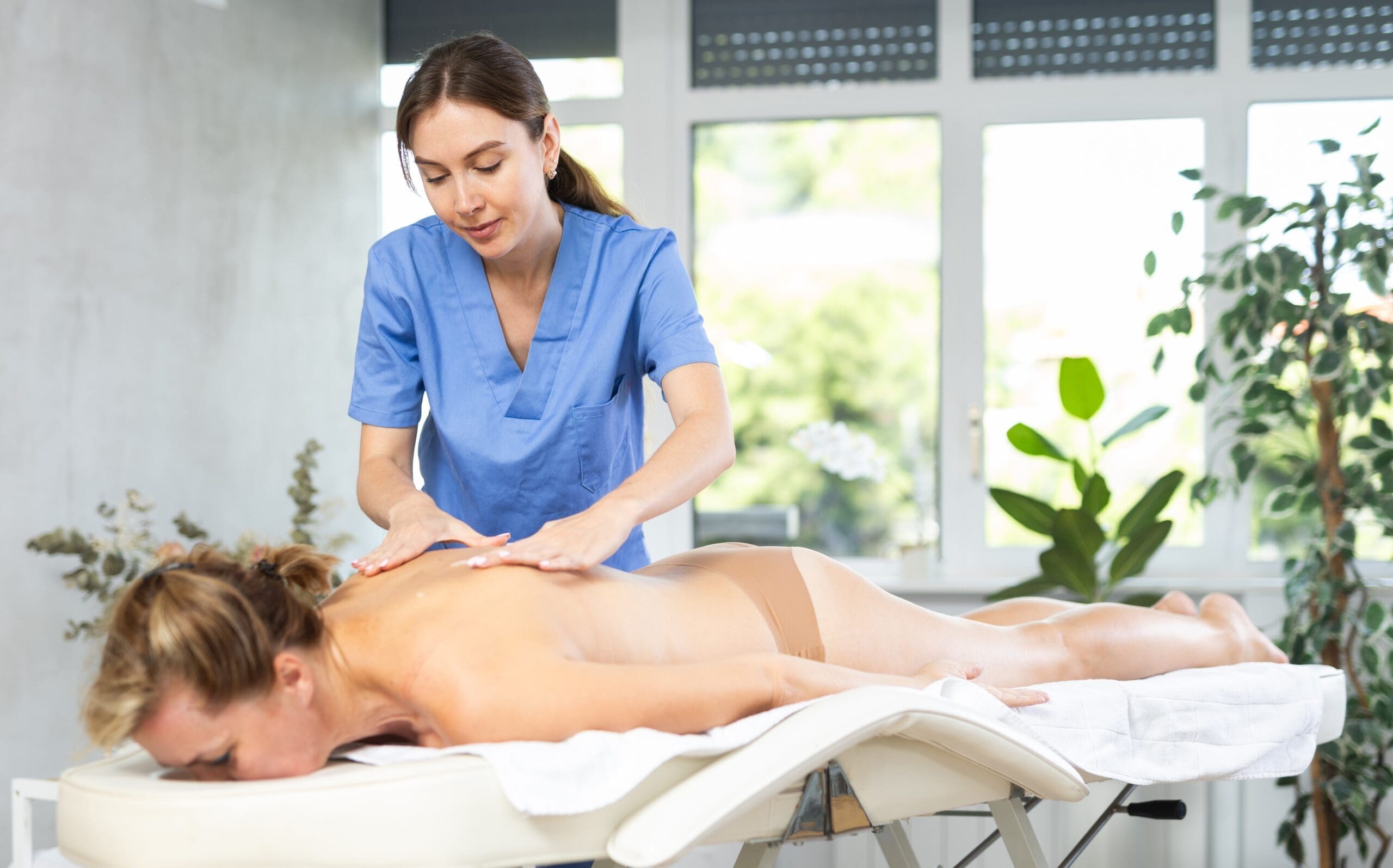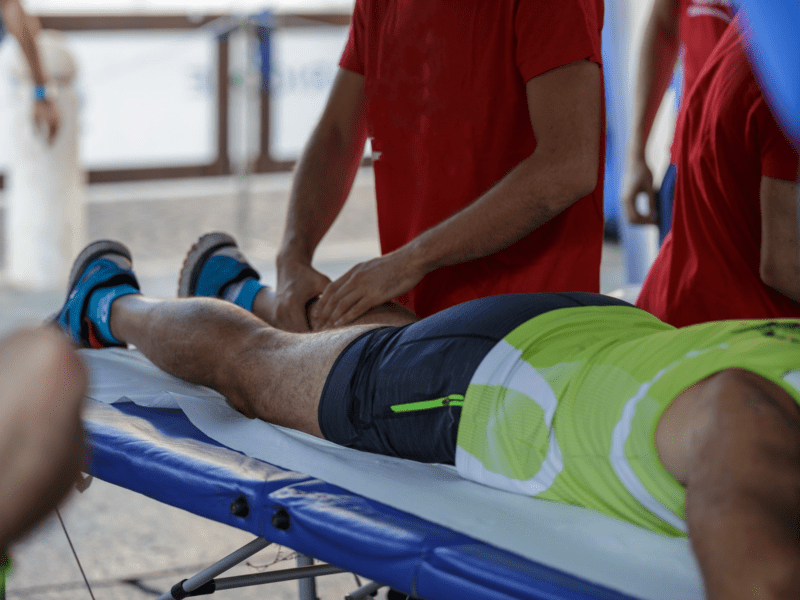What qualifications do I need to be a Sports Massage Therapist?
Everything about the qualifications you need to become a Sports Massage Therapist
Embarking on a career as a sports massage therapist is not only rewarding but also offers an opportunity to make a tangible difference in the lives of athletes and fitness enthusiasts. As the demand for specialised care grows, becoming proficient in sports massage therapy positions you at the forefront of an industry dedicated to enhancing performance and promoting recovery.
This profession allows you to combine your passion for sports with a commitment to health and wellbeing, equipping you with the skills to assess, treat, and prevent injuries. By choosing this path, you’re investing in a future where your expertise will be crucial in supporting clients’ physical goals while fostering their overall wellness. Whether you’re just starting out or considering a career shift, now is the perfect time to explore the dynamic world of sports massage therapy and discover how you can play an integral role in this thriving field.
In this Sports Massage Therapist qualifications guide
Qualifications to be a Sports Massage Therapist
If you’re considering a career in sports massage therapy, it’s essential to understand the qualifications required to succeed in this rewarding field. Sports massage therapists play a crucial role in helping athletes maintain peak performance and recover from injuries, making it a highly respected profession within the health and wellness industry.
To become a qualified sports massage therapist, you’ll need to complete specific training that covers anatomy, physiology, and the various techniques used in sports massage. Accredited courses often include hands-on experience, allowing you to develop practical skills under the guidance of experienced professionals. Additionally, obtaining certification from recognised bodies can enhance your credibility and open doors to more job opportunities.
Investing time in acquiring these qualifications not only equips you with the necessary skills but also demonstrates your commitment to providing top-notch care for your clients. As more people recognise the benefits of sports massage therapy, qualified practitioners will be increasingly sought after. So why not take the first step towards an exciting career that combines your passion for sport with helping others achieve their best?
What qualifications are needed to be a Sports Massage Therapist?
Level 2 Sports Massage Therapist Qualifications
To pursue a career in Sports Massage Therapy, understanding the qualifications required at each level can be pivotal to your success. At Level 2, you will typically start with a foundational qualification such as the Certificate in Fitness Instructing (Gym-Based Exercise). This entry-level course equips you with essential knowledge about human anatomy and physiology, preparing you for more specialised studies.
Level 3 Sports Massage Therapist Qualifications
Progressing to Level 3, you’ll need to obtain a Diploma in Sports Massage Therapy. This qualification delves deeper into massage techniques and client assessment skills. It enables practitioners to provide basic sports massage treatments and understand how these can aid recovery and enhance performance for athletes of all levels.
Level 4 Sports Massage Therapist Qualifications
For those aspiring to reach an advanced stage, Level 4 qualifications like the Certificate in Advanced Sports Massage Techniques are crucial. At this level, therapists gain expertise in complex therapeutic techniques and injury management strategies. They learn to work with clients who have specific sports-related injuries or conditions, offering more comprehensive treatment plans.
Each level builds upon the last, ensuring that by the time you reach Level 4, you’re not only equipped with practical skills but also a profound understanding of how to apply them effectively within various sporting contexts. These qualifications are not just a testament to your dedication but also open doors to numerous opportunities within the fitness industry.

Professional bodies for a Sports Massage Therapist
Joining a professional body is crucial for any sports massage therapist aiming to enhance their career and credibility. These organisations not only provide a sense of community but also offer invaluable resources, support, and opportunities for professional development.
One prominent option is the Sports Massage Association (SMA), which is dedicated to promoting excellence in sports massage practice. By becoming a member, therapists gain access to a wealth of knowledge through workshops, seminars, and networking events that can significantly boost their expertise and client trust.
Another esteemed organisation is the Federation of Holistic Therapists (FHT), which supports therapists across various disciplines. Membership with FHT offers numerous benefits including insurance coverage tailored for practitioners, as well as the chance to be listed on their public therapist directory – an excellent way to attract new clients.
Lastly, consider joining the Complementary & Natural Healthcare Council (CNHC). While not exclusively for sports massage therapists, CNHC registration demonstrates your commitment to maintaining high standards in your practice. Being part of such a recognised body adds an extra layer of assurance for clients seeking qualified professionals.
In conclusion, aligning yourself with these respected professional bodies can open doors to continued learning and career advancement while reinforcing your reputation as a competent and trusted sports massage therapist.
Training fees to become a Sports Massage Therapist
When considering a career in sports massage therapy, understanding the cost of training is a crucial step. Training fees can vary depending on the level you wish to achieve, and it’s important to weigh these costs against the potential benefits of entering this rewarding field.
For those starting at Level 2, which covers the basics of anatomy and physiology as well as fundamental massage techniques, you can expect fees to be relatively modest. This level serves as an essential foundation for your future studies and career.
Progressing to Level 3 will delve deeper into more advanced techniques and client assessments. The investment here reflects the increased depth of knowledge and skill required, but it also opens up greater opportunities for professional practice.
Level 4 training represents a significant commitment both in terms of time and financial resources. This advanced level equips you with specialist skills necessary for working with athletes at all levels. While the fees are higher at this stage, they are justified by the enhanced expertise you’ll gain, making you highly competitive in the sports therapy market.
Ultimately, each level builds upon the last, providing comprehensive skills that are highly valued in today’s health and wellness industry. Investing in your education now could lead to a fulfilling career helping others achieve their physical best – an outcome well worth its price tag.

Getting experience to be a Sports Massage Therapist
Gaining experience in sports massage therapy is essential for anyone looking to excel in this rewarding field. As you set out on your journey to becoming a proficient sports massage therapist, it’s crucial to immerse yourself in practical, hands-on learning opportunities. Whether through internships, volunteering at local sports events, or assisting seasoned therapists, real-world experience is invaluable.
Theoretical knowledge provides a solid foundation, but it’s the practical application that truly hones your skills. Engaging with athletes and understanding their unique needs will enhance your ability to tailor treatments effectively. Moreover, working alongside experienced professionals allows you to observe techniques and client interactions firsthand – a learning method that textbooks simply cannot replicate.
Additionally, seeking feedback from clients and mentors can accelerate your growth and confidence as a therapist. Each session presents an opportunity for improvement and refinement of your techniques. By actively pursuing these experiences, you not only build competence but also develop the empathy and communication skills necessary for successful client relationships.
In conclusion, prioritising practical experience is key to thriving as a sports massage therapist. It equips you with the essential tools and insights needed to deliver exceptional care and support to athletes at every level of their performance journey.



